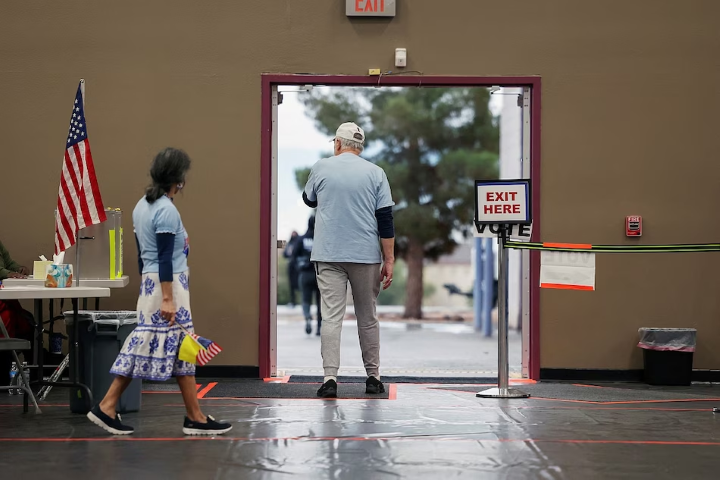
A coalition of 20 tech companies is collaborating to prevent deceptive AI content from influencing global elections, aiming to develop tools and raise awareness. (Gadget 360)
A coalition of 20 technology companies has recently announced a collaborative effort to counteract deceptive artificial intelligence (AI) content that could potentially disrupt elections worldwide this year.
The rapid advancement of generative AI, capable of producing text, images, and video in mere seconds based on prompts, has raised concerns about its potential misuse to influence significant elections, especially as over half of the global population is expected to participate in voting this year.
The signatories of this tech accord, unveiled during the Munich Security Conference, encompass companies actively involved in developing generative AI models, such as OpenAI, Microsoft, and Adobe. Additionally, social media platforms like Meta Platforms, TikTok, and X (formerly Twitter) have also pledged their support, acknowledging the challenge of curbing harmful content on their platforms.
The agreement includes a commitment to collaborate on the development of tools for identifying misleading AI-generated content, as well as raising public awareness through educational campaigns to inform voters about deceptive content. Furthermore, it entails taking decisive action against such content on their respective platforms.
To address the issue of identifying AI-generated content or certifying its origin, the companies have proposed utilizing techniques like watermarking or embedding metadata.
However, the accord does not specify a timeline for meeting these commitments or the specific strategies each company will employ to fulfill them.
Nick Clegg, Meta Platforms' president of global affairs, emphasized the importance of the accord's broad industry support, stating that while individual platforms may develop their own detection, provenance, labeling, and watermarking policies, a shared and interoperable approach is necessary to avoid a fragmented response.
Generative AI has already been exploited to influence political events, with instances like a robocall using fake audio of U.S. President Joe Biden circulating among New Hampshire voters in January, urging them to abstain from voting during the state's presidential primary election.
Despite the popularity of text-generation tools like OpenAI's ChatGPT, the coalition of tech companies will primarily focus on mitigating the adverse effects of AI-generated photos, videos, and audio. Dana Rao, Adobe's chief trust officer, explained that people tend to be more skeptical of text content, whereas audio, video, and images evoke a stronger emotional response, making them more susceptible to belief.















